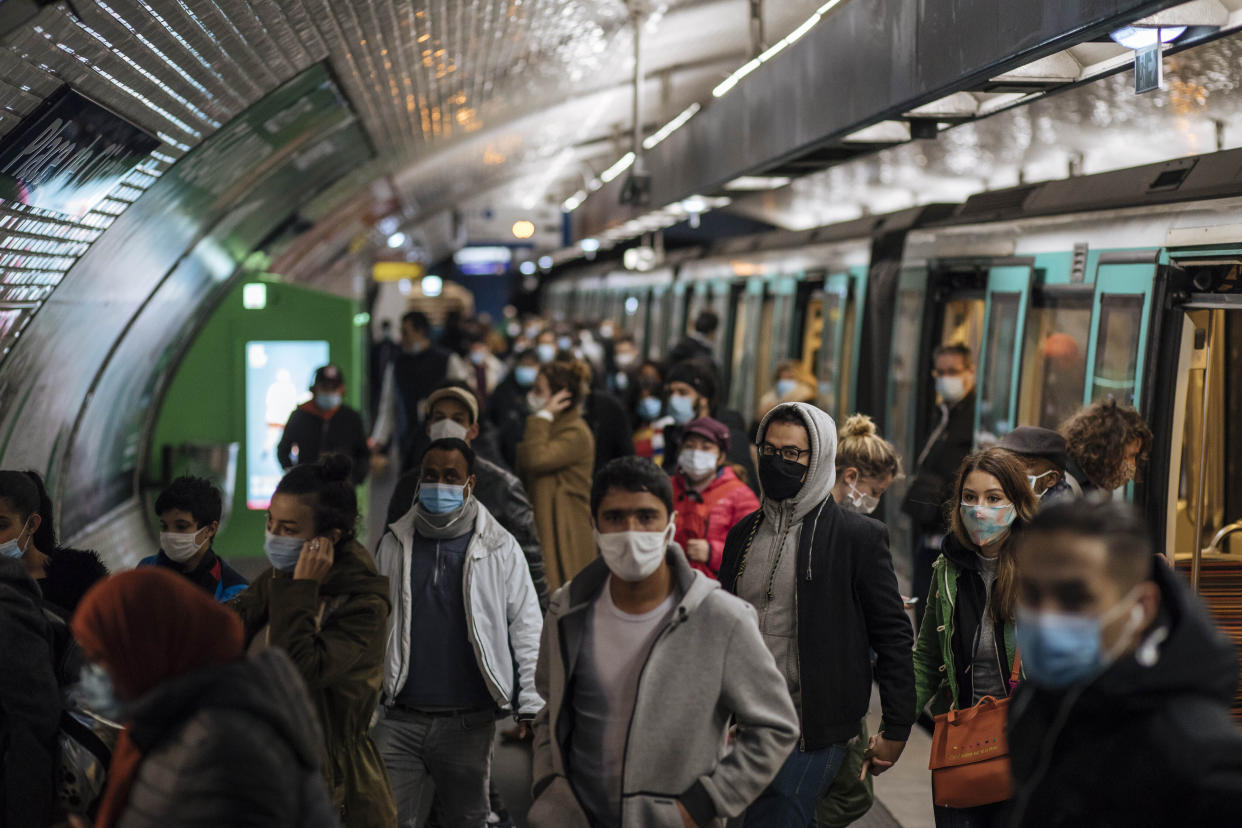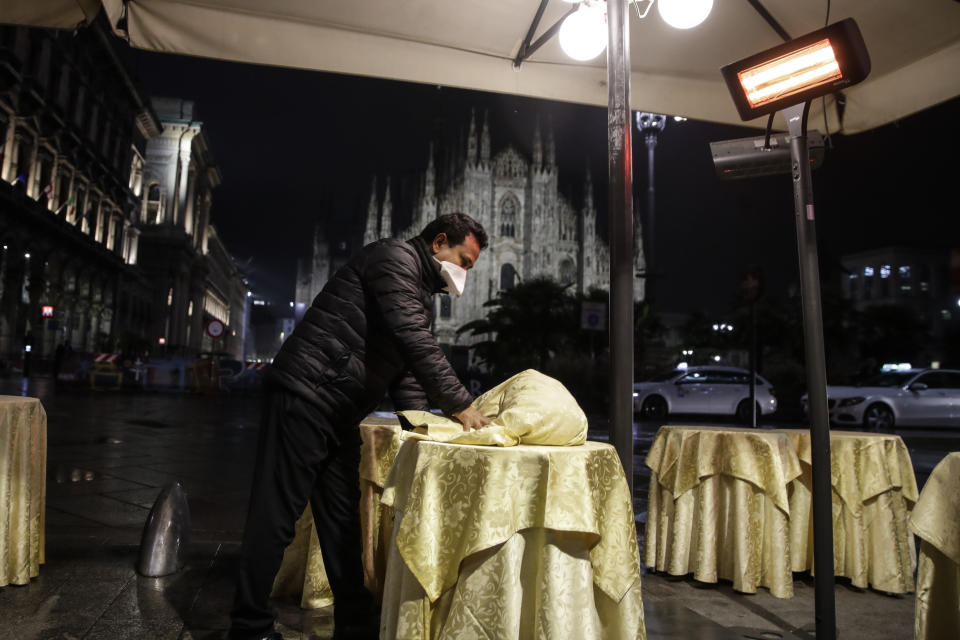100,000 cases a day? Fears France's COVID outbreak is twice as bad as thought

France could have more than twice as many coronavirus cases as its official figures suggest, one of its government’s science advisers has claimed.
Professor Jean-François Delfraissy said France may have as many as 100,000 new COVID-19 cases per day, twice its latest figures.
Prof Delfraissy, who heads the scientific council that advises the government on the pandemic, told RTL radio on Monday: “There is probably more than 50,000 cases per day.
“We estimate, on the scientific committee, that we are more in the region of 100,000 cases per day.”
On Sunday, France registered a record 52,010 new coronavirus cases in the previous 24 hours.
It took France’s total cases to more than 1,138,000, giving it the fifth highest tally in the world after the US, India, Brazil and Russia.
On Saturday, Europe reached 250,000 COVID-19 deaths, according to a tally by Reuters, with record infections recorded in the past two weeks.
Watch: Europe passes 250,000 coronavirus deaths
The news agency said Europe accounts for almost 19% of global coronavirus deaths and 22% of cases worldwide.
In Belgium, a further 15,622 daily cases were reported on Monday, a slight drop from the weekend, when the tally topped 17,000 on both Saturday and Sunday.
A new range of lockdown measures came into force in Brussels on Monday, with gyms and theatres closing and a curfew between 10pm and 6am. The measures will remain in place until 19 November.
In Italy, bars and restaurants must close by 6pm from Monday, while gyms, cinemas and swimming pools are shut.
Prime minister Giuseppe Conte said the measures were aimed at protecting both public health and the economy and should bring the rising curve of the epidemic under control in the next few weeks to allow a "serene" Christmas.

He said: "We think we will suffer a bit this month but by gritting our teeth with these restrictions, we'll be able to breathe again in December.”
Italy, once the European country hardest hit by the pandemic, has been overtaken by Spain, France and the UK but infection rates have been rebounding rapidly and health services have come under increasing pressure.
The new measures followed protests in Naples and Rome against curfews last week.
On Sunday, Italy reported a new record daily total of 21,273 infections, as well as 128 deaths.
Watch: Can you catch coronavirus twice?
Coronavirus: what happened today
Click here to sign up to the latest news and information with our daily Catch-up newsletter



